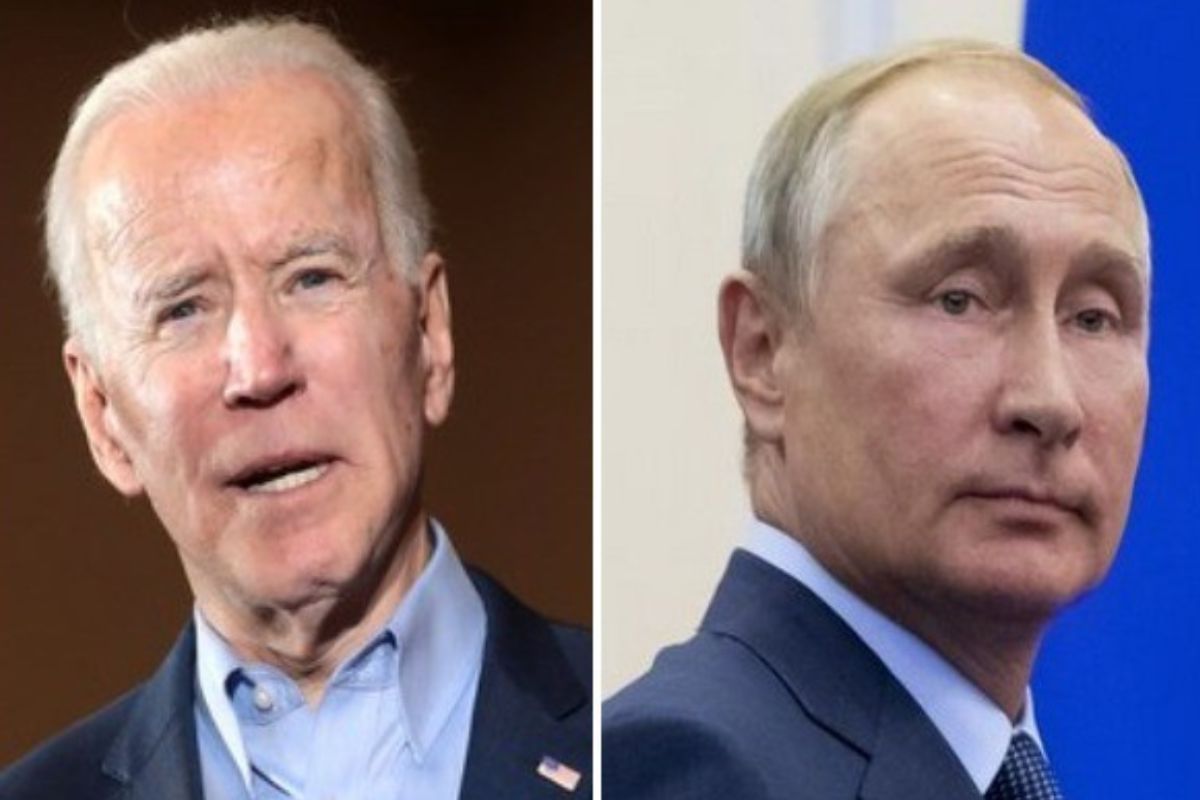The recent prisoner exchange between the United States and Russia marks a significant, yet complex, moment in international diplomacy. While the release of US journalist Evan Gershkovich and ex-Marine Paul Whelan is undeniably a cause for celebration, the broader implications of such high-stakes negotiations deserve careful scrutiny. First, the emotional reunions witnessed on American soil underscore the human element at the heart of international diplomacy. The images of the two embracing their loved ones are poignant reminders of the personal toll of geopolitical strife.
For the families, these reunions are nothing short of miraculous, a testament to the relentless efforts of diplomats and negotiators who worked tirelessly behind the scenes. President Joe Biden’s gesture of giving his lapel pin to the freed Marine highlights the personal commitment and the gravity of such missions. It is a moment of triumph for those directly involved and showcases the potential for diplomacy to achieve humane outcomes even amid political turmoil.
Advertisement
However, this exchange also raises profound ethical and strategic questions. Critics argue that trading convicted criminals for hostages sends a dangerous message, potentially incentivising future detentions. This concern is not without merit. By engaging in such exchanges, there is a risk of validating a perilous tactic, effectively encouraging hostile states to capture more foreign nationals as bargaining chips. This could lead to a vicious cycle where no one, especially journalists and other high-profile individuals, is truly safe from becoming a pawn in international power plays.
Moreover, the inclusion of Vadim Krasikov, a convicted Russian murderer, in the exchange adds another layer of complexity. His return to Russia, and subsequent hero’s welcome, reflects a troubling double standard. While the West sees him as a criminal, the Russian state treats him as a patriot. This dichotomy highlights the profound differences in how justice and loyalty are perceived and exploited by different regimes. It raises the question of whether such exchanges undermine the integrity of international law by equating political prisoners with convicted criminals. The geopolitical context cannot be ignored either. The swap occurs against the backdrop of on-going tensions between the West and Russia, exacerbated by the latter’s invasion of Ukraine.
This exchange, while a diplomatic success, does not signal a thaw in relations. Instead, it underscores the transactional nature of modern diplomacy, where strategic interests often overshadow long-term solutions. US Deputy National Security Adviser Jon Finer’s admission that there was no trust involved in the negotiations highlights the fragile and pragmatic nature of such deals. The international community must tread carefully, balancing the immediate human benefits of such exchanges with the long-term implications for global stability and justice. As America celebrates the safe return of two hostages, it must also reflect on the broader consequences of this exchange and strive for a diplomatic approach that upholds human rights without compromising on principles of justice and security.
